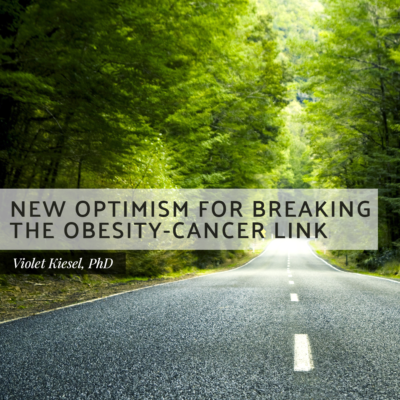Microbiome and Nutrition
The complex community of bacteria, yeasts and viruses living in our intestines, collectively known as the gut microbiome, is shaped, in part, by what we eat. Genetics, environment, and other factors also influence an individual’s microbial community. Research at the NRI investigates these complex relationships and their impact on disease risk. We use animal models and bioinformatics to study the associations between nutritional metabolites, gut microbiome, and health. What happens in the gut doesn’t stay in the gut. Your microbiome can play a role in cardiovascular disease, obesity and diabetes, and even cancer. Our team envisions a future where analysis of your microbiome can determine disease risk, and medical foods can be prescribed to treat and prevent disease by regulating the microbiome.
Publications
Microbiome and Nutrition Publications
2020
Population studies of TMAO and its precursors may help elucidate mechanisms. Meyer K
2019
Association of dietary patterns with the gut microbiota in older, community-dwelling men. Meyer K
2018
Meta-analysis of human genome-microbiome association studies: the MiBioGen consortium initiative. Meyer K
Human microbiota, blood group antigens, and disease. Sumner S
2017
Trimethylamine N-Oxide, the Microbiome, and Heart and Kidney Disease. Zeisel S
2016
Diet and Gut Microbial Function in Metabolic and Cardiovascular Disease Risk. Meyer K
Antibiotic-mediated gut microbiome perturbation accelerates development of type 1 diabetes in mice. Sumner S
Related News
Give UNC 3-28-23
Help Make People Healthier through Science
We’re looking for a mural artist
The City of Kannapolis and the UNC Nutrition Research Institute, as lead partners in a NC Research Campus collaboration for the NC Science Festival, are issuing a Call for Design Proposals. North Carolina artists (high school age and beyond) are invited to submit a...
Appetite for Life: Better Health Outcomes, Survey
New Optimism for Breaking the Obesity-Cancer Link
by Violet Kiesel, PhD Obesity is a major problem. Having obesity increases risk of developing serious chronic diseases like cancer, which can reduce quality of life and lifespan. This risk becomes more striking when considering the growing number of people who are...
Precision nutrition improves health at individual level, expert says
Susan Sumner, PhD, is a professor of Nutrition and pharmacology at the UNC Nutrition Research Institute. Using state-of-the-art metabolomics and exposome technologies, Sumner’s team determines how molecules that are present in our tissues and biological fluids are...






